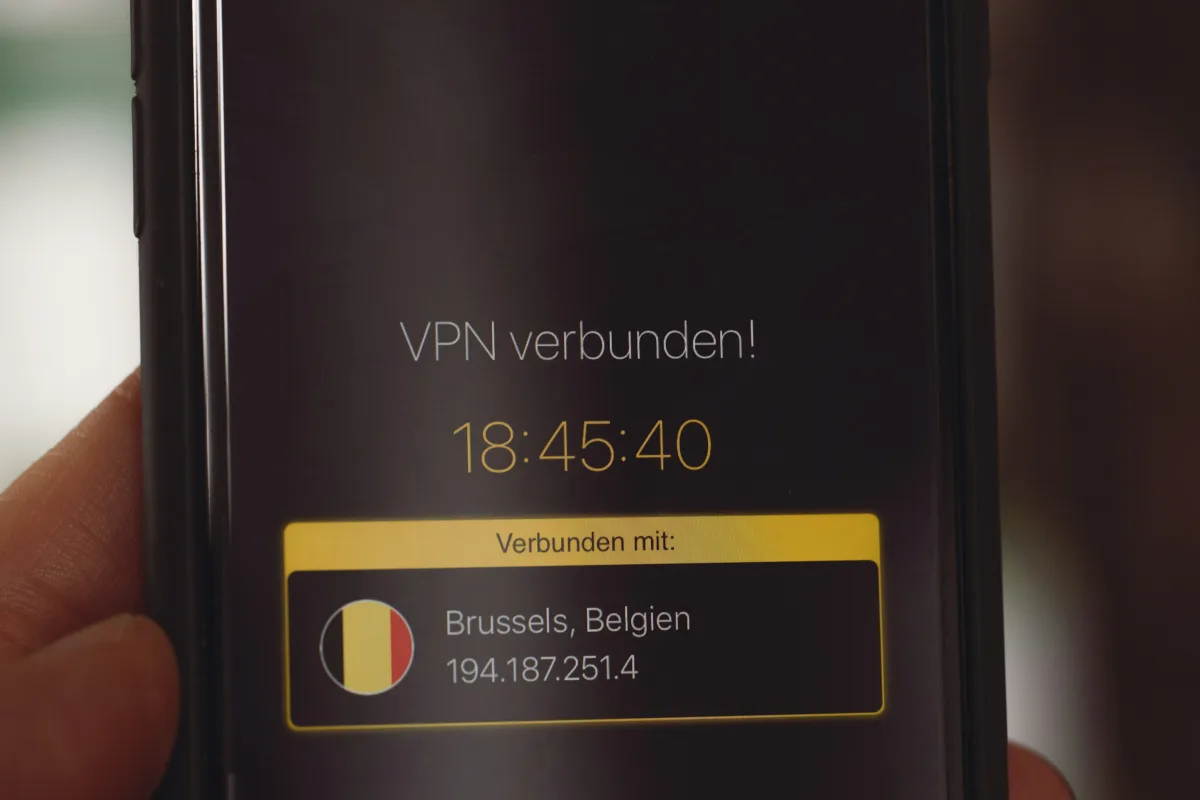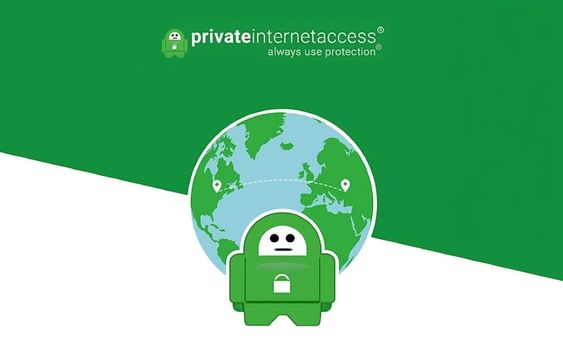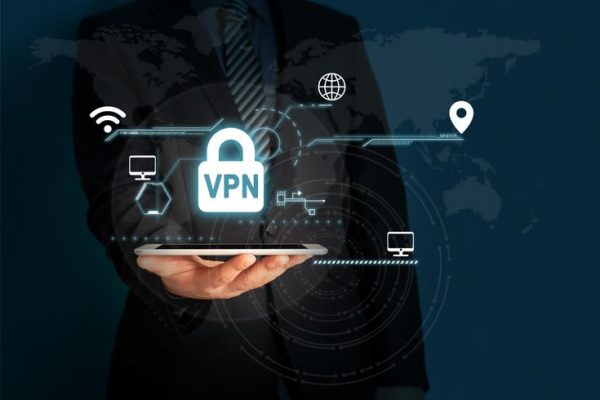The Ultimate Guide to VPNs: Why You Need One and How to Choose the Best VPN for Your Needs
In today’s digital age, privacy and security have become paramount concerns for individuals and businesses alike. With the increasing number of cyber threats and the ever-present risk of data breaches, protecting your online activities has never been more important. One of the most effective tools for safeguarding your internet privacy is a VPN, or Virtual Private Network. This guide will walk you through everything you need to know about VPNs, why they are essential, and how to choose the best VPN for your specific needs.

A VPN, or Virtual Private Network, is a service that creates a secure, encrypted connection between your device and the internet. When you use a VPN, your internet traffic is routed through a remote server, masking your IP address and making it difficult for third parties to monitor your online activities. Essentially, a VPN acts as a secure tunnel between your device and the internet, providing anonymity and protecting your data from prying eyes.
Why Do You Need a VPN?
There are several reasons why you should consider using a VPN:
How Does a VPN Work?
When you connect to a VPN, the service reroutes your internet traffic through a remote server operated by the VPN provider. This server acts as an intermediary between your device and the websites you visit. As a result, your IP address is hidden, and your internet traffic appears to originate from the VPN server rather than your actual location.
In addition to masking your IP address, a VPN also encrypts your data. This means that even if someone were to intercept your internet traffic, they would only see a jumble of encrypted data, making it virtually impossible to decipher your online activities.
Choosing the Best VPN: Key Factors to Consider
With so many VPN providers on the market, it can be challenging to choose the right one for your needs. Here are some key factors to consider when selecting a VPN:
Top VPN Providers to Consider
Here are some of the top VPN providers that consistently receive high ratings for their security, speed, and ease of use:
Conclusion
In a world where online privacy and security are increasingly under threat, a VPN is an essential tool for protecting your digital life. Whether you want to browse the internet anonymously, access geo-restricted content, or secure your data on public Wi-Fi, a VPN provides the protection you need. By considering the factors outlined in this guide, you can choose the best VPN for your needs and enjoy a safer, more private online experience.





